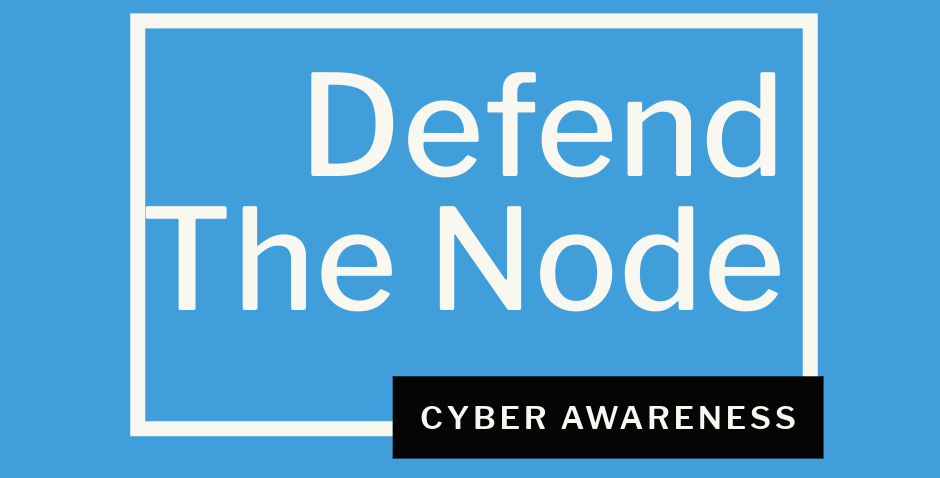In today’s fast-paced digital era, security is no longer a luxury—it is a necessity. Whether we are talking about personal safety, business protection, or online data privacy, security plays a central role in keeping our lives and assets safe. Unfortunately, many people only think about security after a problem has already occurred. Understanding its importance and taking proactive steps can make all the difference.
What Does Security Really Mean?
Security refers to the measures and practices designed to protect people, property, and information from threats. These threats can range from physical dangers like theft or vandalism to digital risks such as hacking, identity theft, and data breaches.
In essence, security is about building trust and peace of mind. When individuals and organizations feel safe, they can focus on growth, relationships, and innovation rather than constantly worrying about risks.
The Growing Importance of Security
1. Protection of Personal Information
With so much of our personal data stored online—from banking credentials to medical records—keeping it safe is critical. Hackers and cybercriminals constantly look for ways to exploit weak passwords, unprotected Wi-Fi networks, and careless online habits. A single data breach can lead to financial loss and even long-term identity theft.
2. Business Continuity
For businesses, security is more than just protecting customer data. It ensures operations run smoothly. A cyberattack, for instance, can paralyze systems, halt production, and damage reputation. Companies that fail to secure their networks not only risk losing money but also the trust of their clients.
3. National and Community Safety
On a larger scale, security is vital for protecting communities and nations. Governments invest heavily in defense, law enforcement, and cybersecurity to ensure stability. Without these systems, everyday life would be disrupted by constant threats.
4. Peace of Mind
Security provides psychological comfort. Knowing that your home is protected with locks, surveillance, or alarms helps you sleep better at night. Similarly, using secure online platforms gives you confidence when shopping, banking, or communicating online.
Types of Security
To better understand its importance, let’s look at the main categories of security that impact our daily lives.
1. Physical Security
This includes measures that protect people and physical assets. Examples are CCTV cameras, security guards, alarm systems, and access controls in buildings. Physical security ensures that unauthorized individuals cannot gain access to sensitive spaces.
2. Cybersecurity
Cybersecurity protects digital information, systems, and networks from attacks. It involves firewalls, antivirus software, encryption, and employee awareness training. As more work and communication shift online, cybersecurity has become one of the most important aspects of modern security.
3. Information Security
Often confused with cybersecurity, information security focuses on safeguarding sensitive data—whether digital or physical. This includes filing cabinets with locks, secure cloud storage, and proper data handling policies.
4. Personal Security
This refers to protecting yourself from harm. It may involve situational awareness, safe travel practices, using strong online passwords, or being cautious about sharing private details on social media.
Why Security Cannot Be Ignored
Ignoring security has serious consequences. Businesses can suffer financial losses, lawsuits, and loss of customer trust. Individuals can face stolen identities, drained bank accounts, or even physical harm. Communities without strong security systems are more vulnerable to crime, creating fear and instability.
Security also has an economic dimension. Companies with robust security measures attract more customers, investors, and partners. Similarly, nations with strong security systems are more stable, attracting global trade and tourism.
How to Improve Security in Everyday Life
- Use Strong Passwords: Avoid simple or repeated passwords across accounts.
- Enable Multi-Factor Authentication (MFA): Adds an extra layer of protection.
- Stay Updated: Regularly update software, devices, and apps to patch vulnerabilities.
- Be Cautious Online: Don’t click suspicious links or download files from unknown sources.
- Secure Your Home: Install locks, cameras, or smart security systems.
- Educate Yourself: Awareness is the first defense against both physical and digital threats.
The Future of Security
Technology is advancing, and with it, so are threats. Artificial intelligence, the Internet of Things (IoT), and cloud computing are transforming industries—but they also bring new security challenges. At the same time, these technologies are being used to strengthen defense systems through smarter monitoring, predictive threat detection, and automated responses.
The future of security will depend on collaboration: individuals, businesses, and governments must work together to create safer environments.
Conclusion
Security is not just about protection—it is about creating trust, peace of mind, and the freedom to live and work without constant fear. From safeguarding personal information online to protecting businesses and national interests, security touches every aspect of our lives.
By recognizing its importance and investing in proper measures, we can reduce risks, protect our loved ones, and build a safer future. Remember, prevention is always better than reaction. Start with small steps today, and make security a priority in every area of life.

